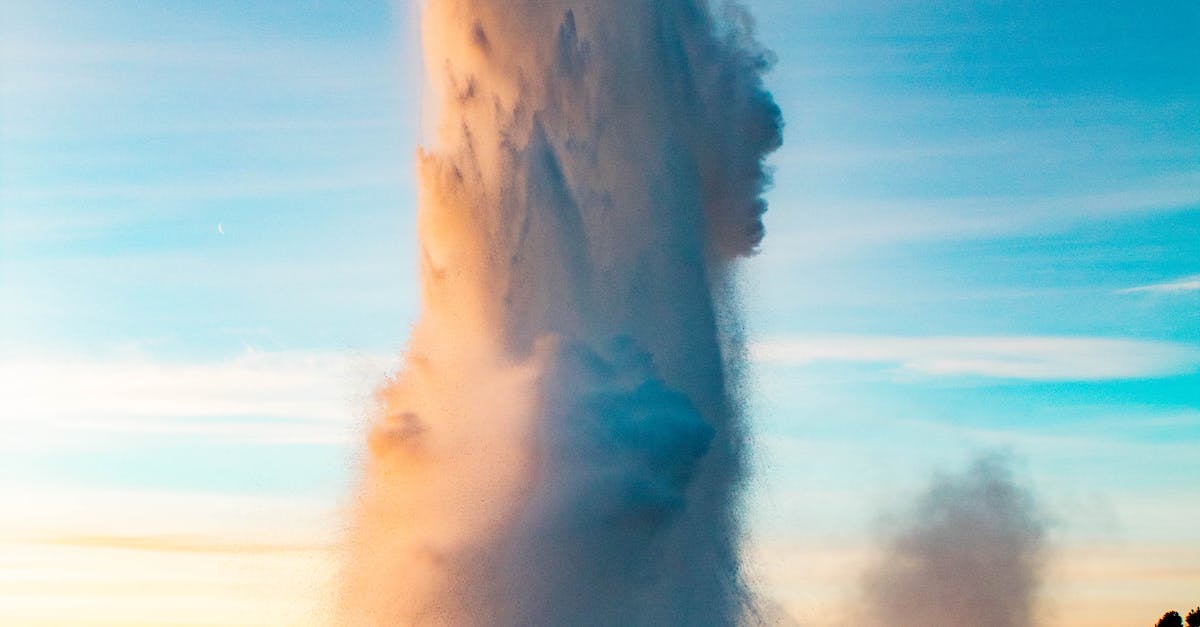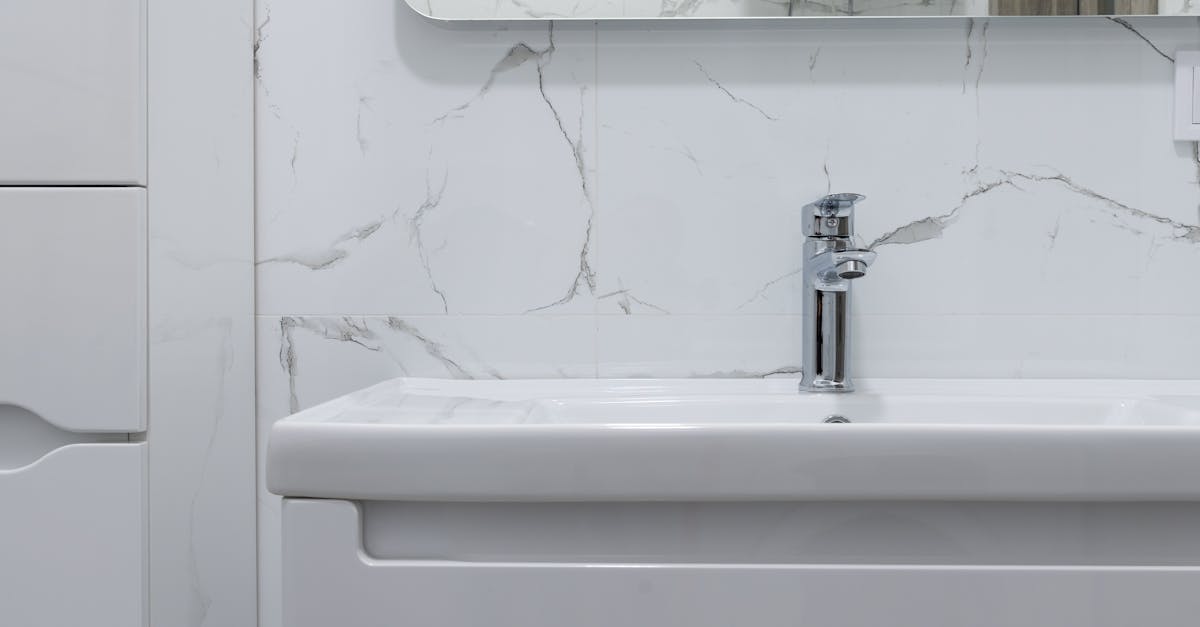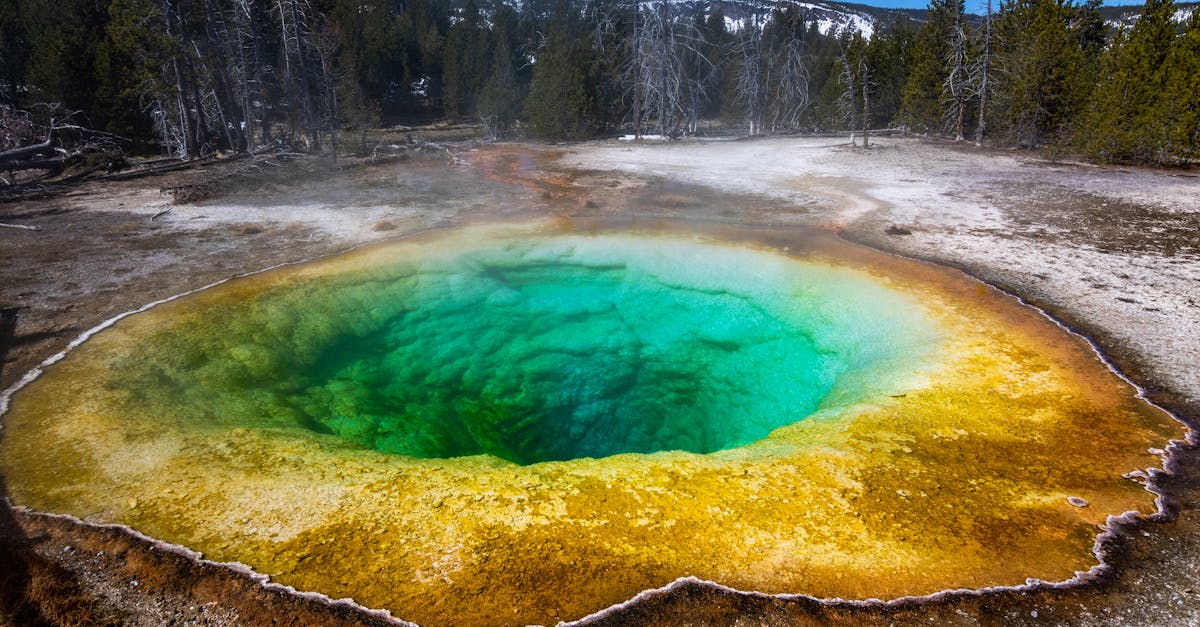
Table Of Contents
Checking Water Pressure
When it comes to troubleshooting hot water system issues, checking the water pressure is a crucial step. Inadequate water pressure can directly impact the flow of hot water in your household. To ensure that the water pressure is at an optimal level, start by testing the pressure at various faucets throughout your home. If you notice a significant drop in pressure specifically when using hot water, it may indicate an underlying problem that needs to be addressed promptly.
Additionally, keep an eye out for any leaks or blockages in the hot water pipes that could be causing a decrease in water pressure. Addressing these issues promptly can help restore the flow of hot water throughout your home. By regularly monitoring and maintaining the water pressure in your hot water system, you can prevent potential problems and ensure a consistent supply of hot water for your daily needs.
Ensuring adequate water pressure for hot water flow
To ensure adequate water pressure for hot water flow in your home, it is crucial to assess the functionality of the plumbing system. Begin by checking the water pressure gauge and comparing it to the recommended pressure levels for your hot water system. If the pressure is below the standard range, adjustments may be necessary to enhance the flow of hot water throughout the property. Furthermore, inspect the fixtures, taps, and pipes for any blockages that could be restricting water flow, causing a decrease in pressure that affects your hot water supply. Regularly servicing the plumbing system can help prevent potential issues and maintain optimal water pressure for efficient hot water usage.
When troubleshooting the hot water system for pressure-related concerns, it is imperative to consider the quality of the water entering the system. Sediment build-up in the pipes or hot water tank can impede the flow and lead to decreased pressure levels. Flushing out the system periodically can alleviate these blockages and improve water pressure for consistent hot water supply. Additionally, ensuring that the pressure relief valve is functioning correctly can prevent pressure build-up within the system, safeguarding it against potential damage. By incorporating these maintenance practices into your routine, you can effectively manage and troubleshoot hot water pressure issues within your property.
Insulating the Water Heater
Insulating the water heater is a crucial step in ensuring the efficient operation of your hot water system. Adding insulation to the water heater helps to retain heat, reducing energy loss and promoting quicker water heating. Without adequate insulation, the water heater has to work harder to maintain the desired temperature, leading to increased energy consumption and potentially higher utility bills. By insulating your water heater, you can improve its efficiency and prolong its lifespan, ultimately saving you money in the long run.
When insulating your water heater, ensure to use the correct materials and follow manufacturer guidelines to prevent any safety hazards. Adding insulation to your water heater can be a straightforward and cost-effective solution to improving the performance of your hot water system. By taking this simple step in your Hot Water System Troubleshooting process, you can enhance the overall efficiency of your water heater and enjoy consistent hot water supply without unnecessary energy wastage.
Adding insulation to improve efficiency
Adding insulation to your hot water system can significantly improve its efficiency. The insulation helps to retain heat within the water heater, resulting in less energy being used to keep the water warm. By reducing heat loss, the water heater doesn't have to work as hard to maintain the desired temperature, leading to lower energy bills and a more efficient system overall.
Insulating the hot water pipes can also help to maintain the heat of the water as it travels from the heater to your taps or shower. This can result in faster hot water delivery and less water wastage while waiting for the water to heat up. Be sure to use proper insulation materials suitable for hot water systems to ensure maximum efficiency and effectiveness in retaining heat. Hot Water System Troubleshooting.
Evaluating the Gas Supply
When it comes to troubleshooting hot water problems, one crucial aspect to assess is the gas supply for gas-powered water heaters. To ensure the smooth functioning of the hot water system, it is essential to regularly check the gas line for any potential issues that may be hindering its performance.
If you are experiencing hot water troubles, start by examining the gas line to identify if there are any leaks, blockages, or malfunctions that could be causing disruptions in the hot water supply. It is imperative to address any gas supply issues promptly to avoid further complications and ensure that your Hot Water System Troubleshooting efforts are fruitful.
Checking the gas line for any issues
Checking the gas line for any issues is crucial when troubleshooting hot water system problems. Begin by examining the gas line for any visible signs of damage, such as cracks or corrosion. Leaks can significantly impact the efficiency of your hot water system, leading to inadequate heating of water or complete failure of the system. It is essential to inspect the entire length of the gas line carefully to identify any potential issues that may be affecting the performance of your hot water system.
Next, ensure that all connections in the gas line are securely tightened and free from any leaks. Even a small leak in the gas line can result in a loss of pressure and affect the operation of your hot water system. If you detect any hissing sounds or the distinctive smell of gas near the hot water system, immediately turn off the gas supply and contact a professional plumber for assistance. Regular inspection and maintenance of the gas line will help prevent potential issues and ensure the efficient operation of your hot water system.
FAQS
How can I check if there is adequate water pressure for hot water flow?
You can check the water pressure by turning on a hot water tap and observing the flow. If the water flow is weak or inconsistent, it may indicate a problem with water pressure.
What can I do to improve the efficiency of my water heater?
Adding insulation to your water heater can help improve its efficiency by reducing heat loss. This can be done by wrapping the heater in an insulation blanket.
How can I evaluate the gas supply for my water heater?
You can check the gas supply for your water heater by inspecting the gas line for any leaks or blockages. Make sure the gas valve is open and there are no obstructions in the line.
What should I do if I notice a decrease in hot water temperature?
If you notice a decrease in hot water temperature, you can try adjusting the temperature setting on your water heater. If that doesn't solve the issue, it may be time to call a professional for further troubleshooting.
Is it important to insulate the water heater to troubleshoot hot water problems?
Insulating the water heater can help improve its efficiency and reduce heat loss, making it an important step in troubleshooting hot water problems.





























